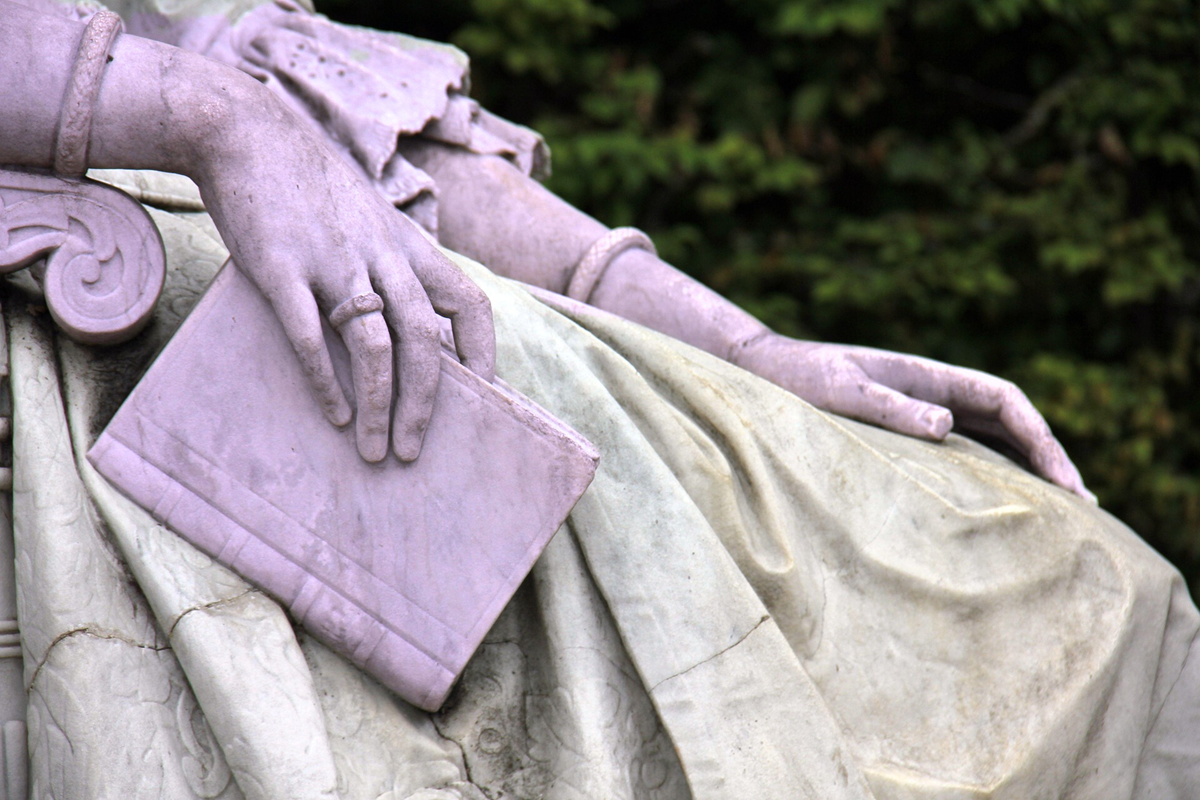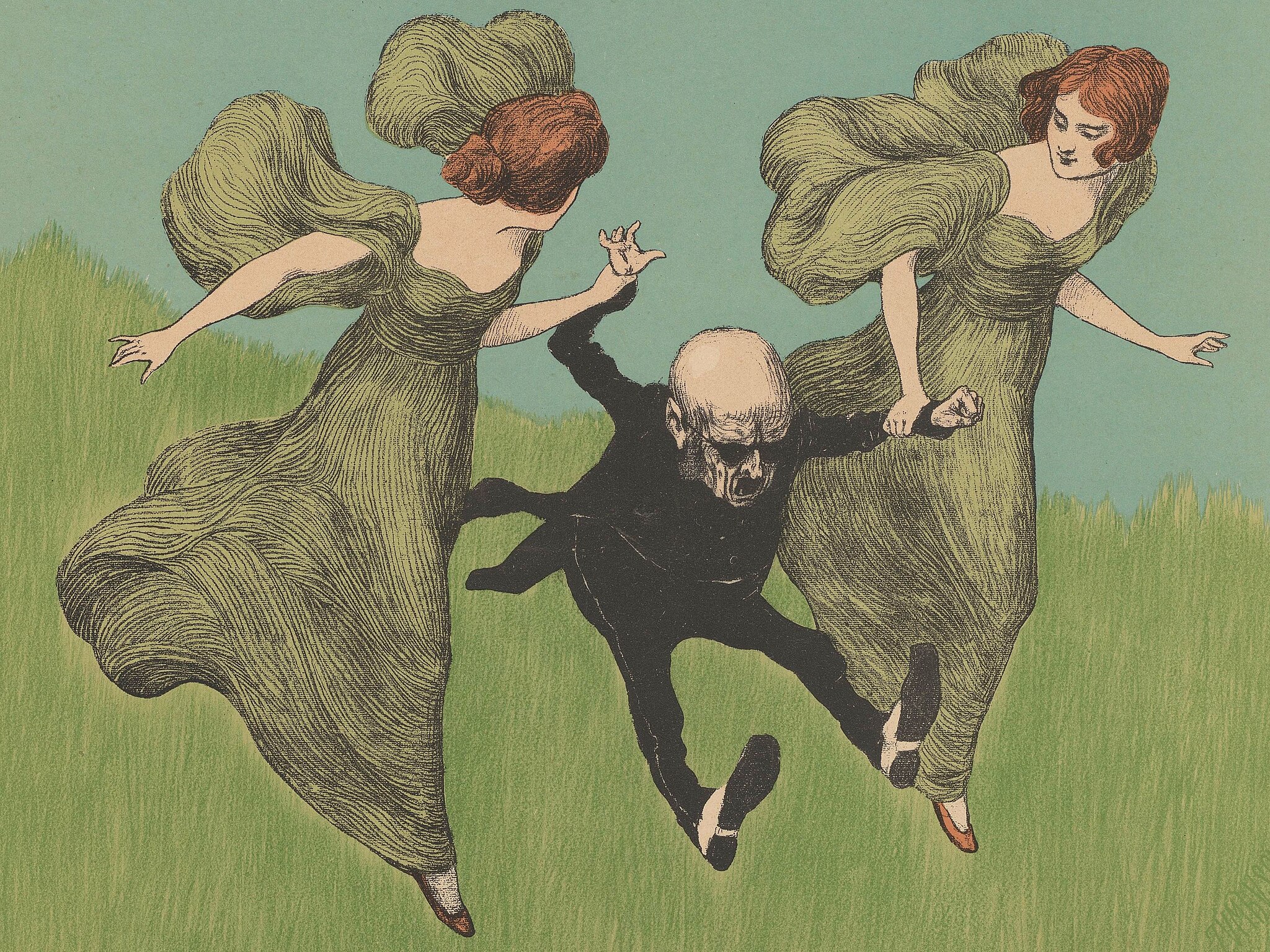There is something profoundly grotesque about the machinery of punishment, not its violence, which at least reeks of conviction, but its indifference, its cold, procedural hum. The absurdity lies in how it functions not to correct, persuade, or redeem, but simply to continue. It is not evil in the grandiloquent, Miltonic sense. It is just dull. The guillotine does not deliberate; it drops. The noose tightens not because it must, but because someone, somewhere, long ago, decided it would. “Easy come, easy go, will you let me go?” pleads the voice in Bohemian Rhapsody, and the chorus answers, robotic and absolute, “No, we will not let you go.” It is the response of an institution that no longer remembers the crime, only the cadence of condemnation. In Rizpah, the doomed mother mutters, “They would have hanged my lad at once, and they are not men but beasts,” and in doing so, exposes the same machine: one that devours the minor, the misled, and the marginal with equal appetite. It does not punish to make sense of suffering, but to ensure that it never ends.
What unites Rizpah and Queen’s nameless narrator is not crime, but calamity: that existential moment when an impulsive act becomes the defining trauma of a life. Not the act itself, but its aftermath. Not murder, but the recoil of reality. The irreversible. “Life had just begun, but now I’ve gone and thrown it all away,” Mercury’s voice quivers, and we are already past the point of rescue. This is not moral storytelling. There is no lesson, only aftermath. In Rizpah, the young boy’s theft is almost incidental; the tragedy lies in what follows. “I kissed the little feet,” she says, “I covered him with the sod.” These are not the lines of a woman seeking justice. They are the rites of one who knows there is none to be had.
The world here is not evil, but absurd. It does not weigh action against consequence, only action against protocol. Rizpah’s son is punished not because his sin is great, but because the system demands someone hang. “He never meant no harm,” she says, “but he would take what he could,” a line soaked in the quiet, dreadful truth of poverty: that survival often demands transgression. His fate, however, is not poverty’s doing. It is the doing of a world that cannot forgive mistakes, because it cannot even recognize them as mistakes. It must call them crimes.
The narrator of Bohemian Rhapsody is caught in the same spiral. He does not defend himself. He confesses, then unravels. “I don’t want to die,” he says, “I sometimes wish I’d never been born at all.” This is not remorse. It is metaphysical nausea. His journey through the song is not a moral progression, but an existential collapse. What begins with a gunshot ends with the slow disappearance of meaning. The song grows operatic, absurd, carnivalesque, then falls quiet. “Nothing really matters, anyone can see.” It is not apathy. It is enlightenment of the most terrifying kind: the understanding that the universe does not care, and neither, in the end, do we.
Both Rizpah and Bohemian Rhapsody refuse to sentimentalise their doomed figures. They are not martyrs, nor are they monsters. They are simply human, which is precisely what makes them so unbearable to the systems that destroy them. Institutions thrive on categories. The criminal, the victim, the innocent, the damned. But Rizpah’s son is none of these, and that is why he must die. The narrator of Bohemian Rhapsody is not evil, just unmoored. And the system cannot abide ambiguity.
This is the essence of absurdist tragedy. Not the fall of the great, but the slow destruction of the ordinary. Rizpah is not Antigone. She is a poor mother in a field, scraping bones into a sack. “I stole them away from the lawyers,” she says, as though defying not just the law, but the very concept of lawful grief. Her resistance is quiet, grotesque, and heroic. She tends to her son’s remains not out of hope, but out of duty. Love, in this world, has no reward. It is its own punishment.
Likewise, the narrator of Bohemian Rhapsody does not ascend. He disappears. He leaves behind no legacy, only a fading echo. His final refrain—“Nothing really matters to me” is not defiance, but resignation. It is the sound of a man becoming scenery. Camus said the absurd hero is he who lives without appeal. But this, perhaps, is a step further: a man who sings, knowing not only that no one will answer, but that the question itself is meaningless.
If there is redemption here, it lies in the act of narration. Rizpah speaks. The Rhapsodist sings. They carve their stories into the indifferent face of the world. They are not pleading for release. They are bearing witness. There is a kind of holiness in that. Not the sacred of religion, but the sacred of survival. In a world governed by machinery, the human voice trembling, unclassifiable, absurd, is the last resistance. And so we are left with a mother cradling bones and a killer whispering into the dark. No verdict, no forgiveness. Only this: the dreadful knowledge that a single moment can ruin a life, and that the world will never care why. They do not speak to be saved. They speak because silence, too, is a sentence.



